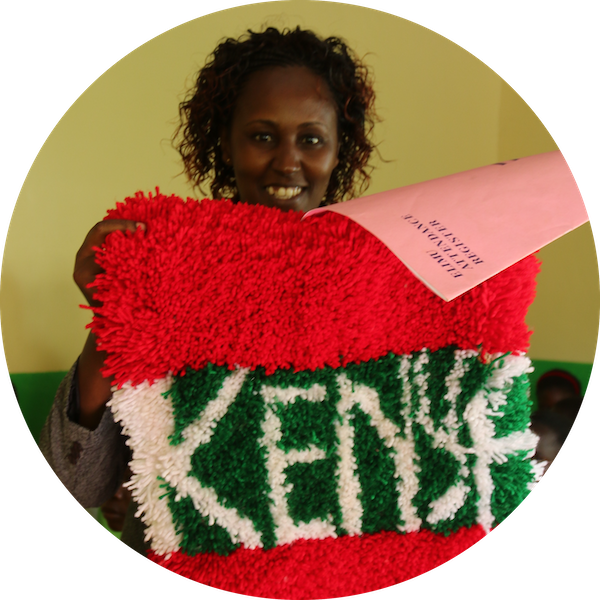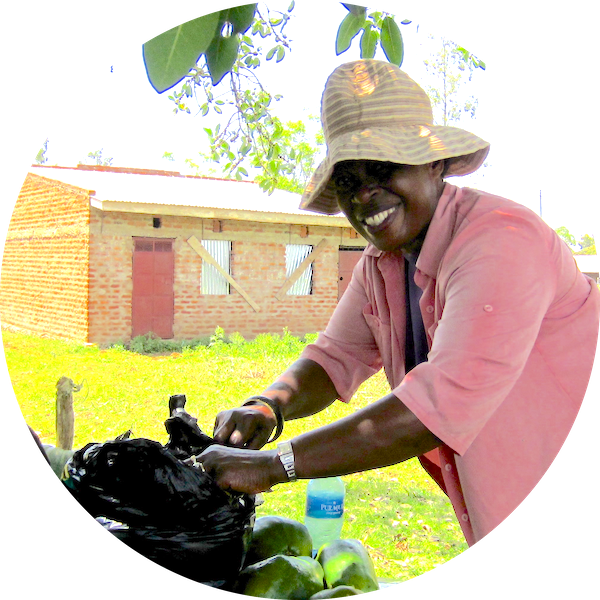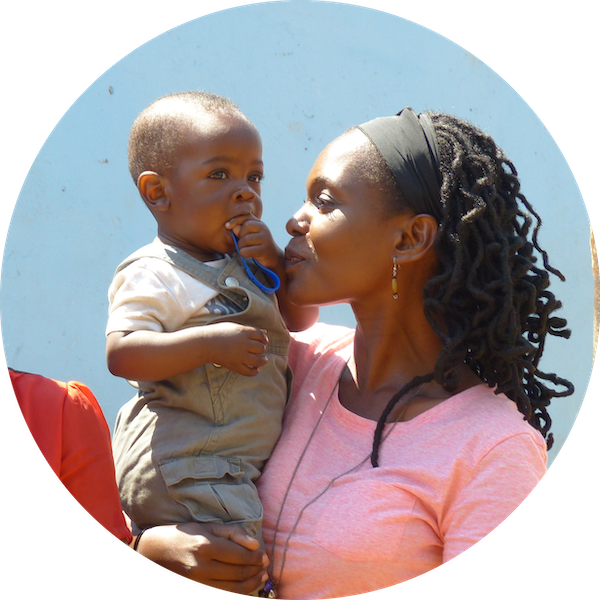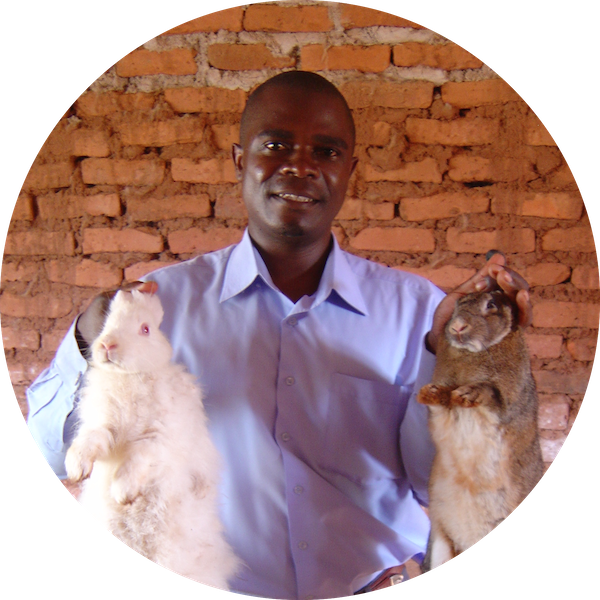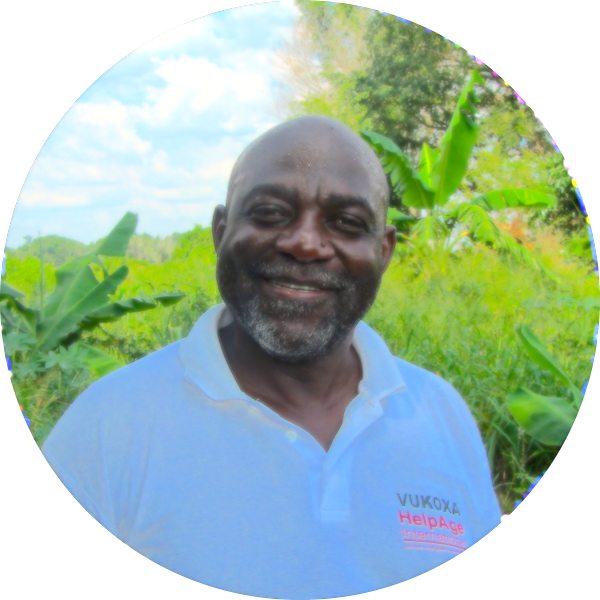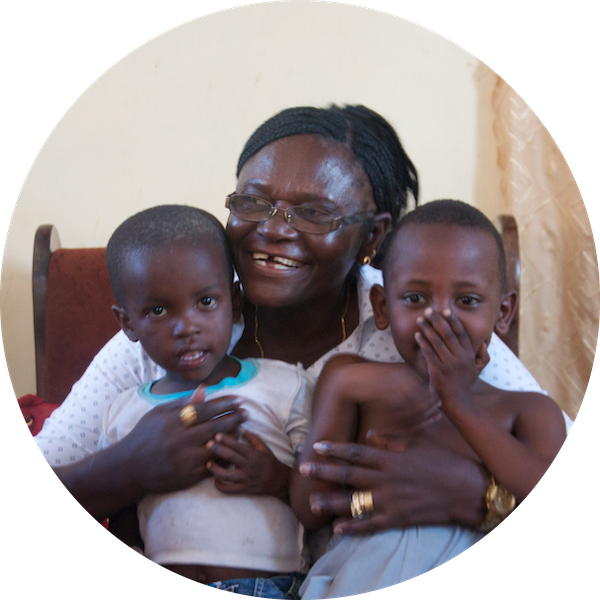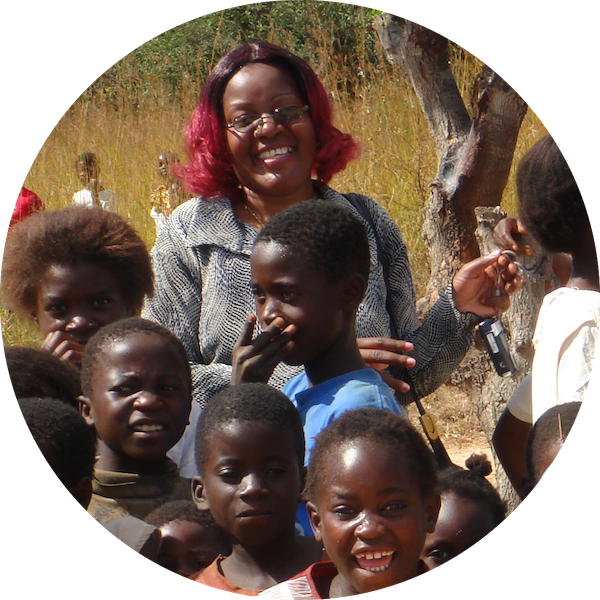Our Story
37.7 million people are living with HIV & AIDS today. The effect the disease has on societies and their most vulnerable members - children - is often forgotten against the stark reality of the statistics.
During the 1990s, Clare Evans, one of Egmont’s founding Trustees, worked as HIV & AIDS Policy Officer for ActionAid. Living in Zambia, and travelling throughout sub-Saharan Africa, Clare saw first hand how the death toll and wide spread infection were having a devastating impact upon societies and families.
HIV Prevalence per Region
| Egmont Countries | Sub Saharan Africa | South East Asia | Latin America | North America |
|---|---|---|---|---|
| 9 million people infected | 25.3 million people infected | 5.8 million people infected | 2.1 million people infected | 1.5 million people infected |
| Egmont Countries |
|---|
| 8.3 million people infected |
| Sub Saharan Africa | South East Asia | 25 million people infected | 4 million people infected |
|---|
| Latin America | North America | 1.4 million people infected | 1.4 million people infected |
|---|
The devastating, long term social and economic impact will be felt for generations, and the most vulnerable in society - children and women - are often the most affected.
Clare was particularly struck by the number of impressive and committed local people she met, many directly affected by HIV or AIDS themselves, who had devised powerful and effective responses to the epidemic from within their communities. Despite their evident success and strong leadership, these grass-roots interventions often found it hard to access international funding.
Local Solutions, Local Leaders
In 2004, Clare and her husband Jeremy – now based back in the UK and with a young family of their own – decided to establish a charity to help support vulnerable children affected by the epidemic. Along with Colin Williams OBE they set up the Egmont Trust. Colin had worked as Africa Region Director for ActionAid and had been based in Africa for 40 years. Colin’s vision of directly supporting some of the very effective local responses which were making a genuine difference to those families and communities struggling to cope with the impact of AIDS, was the one Egmont would go on to adopt.


